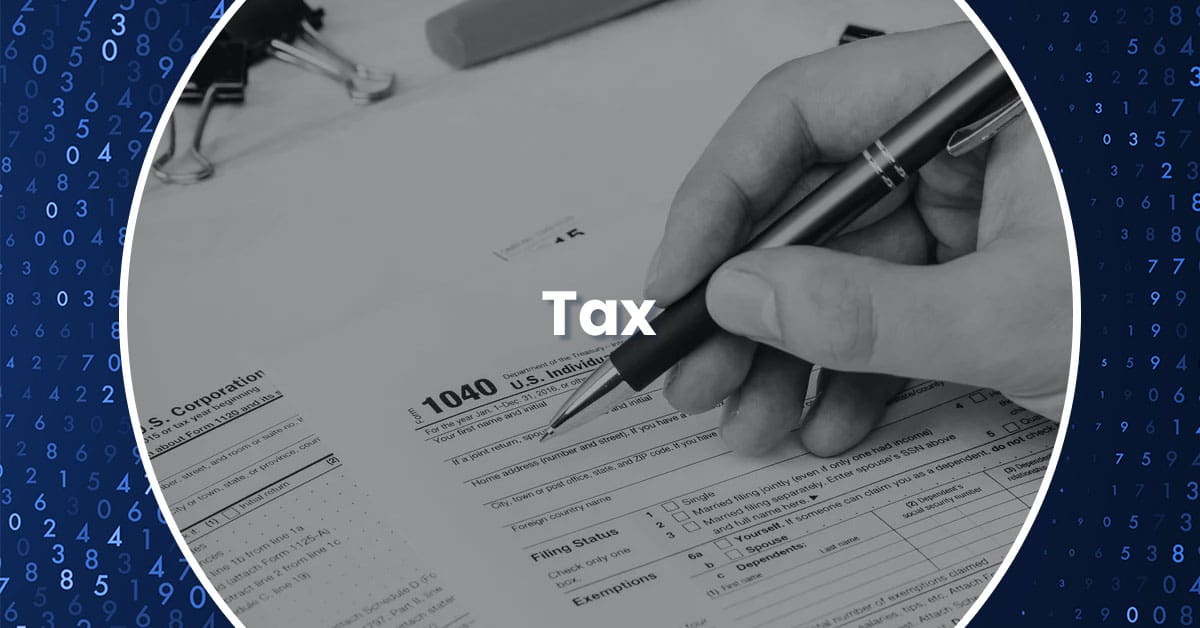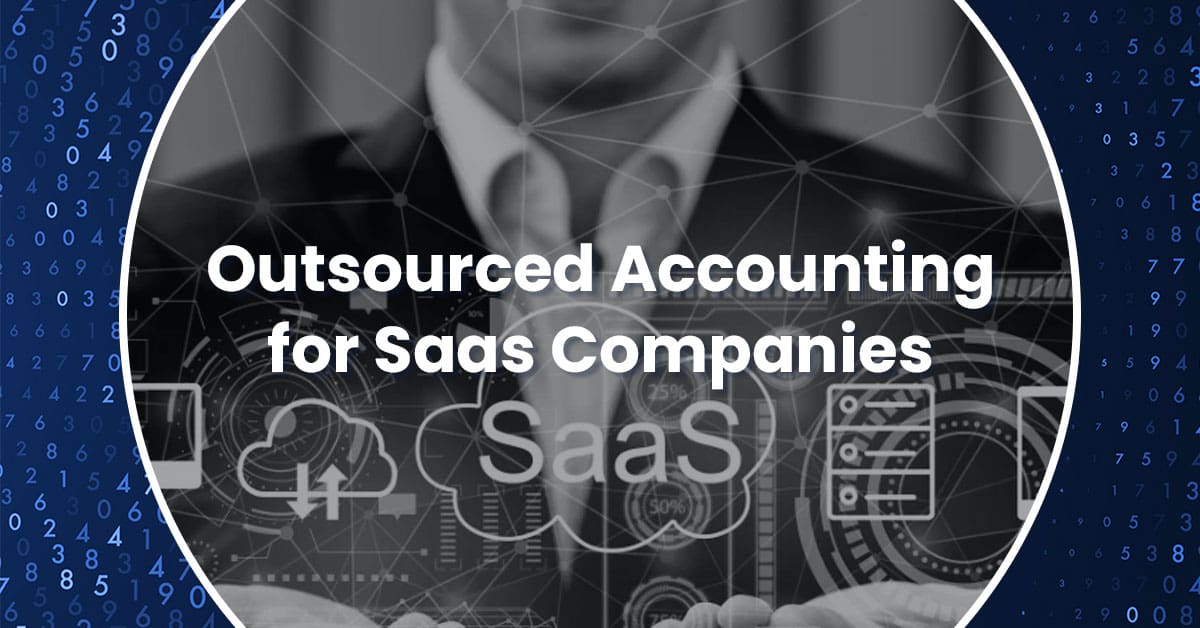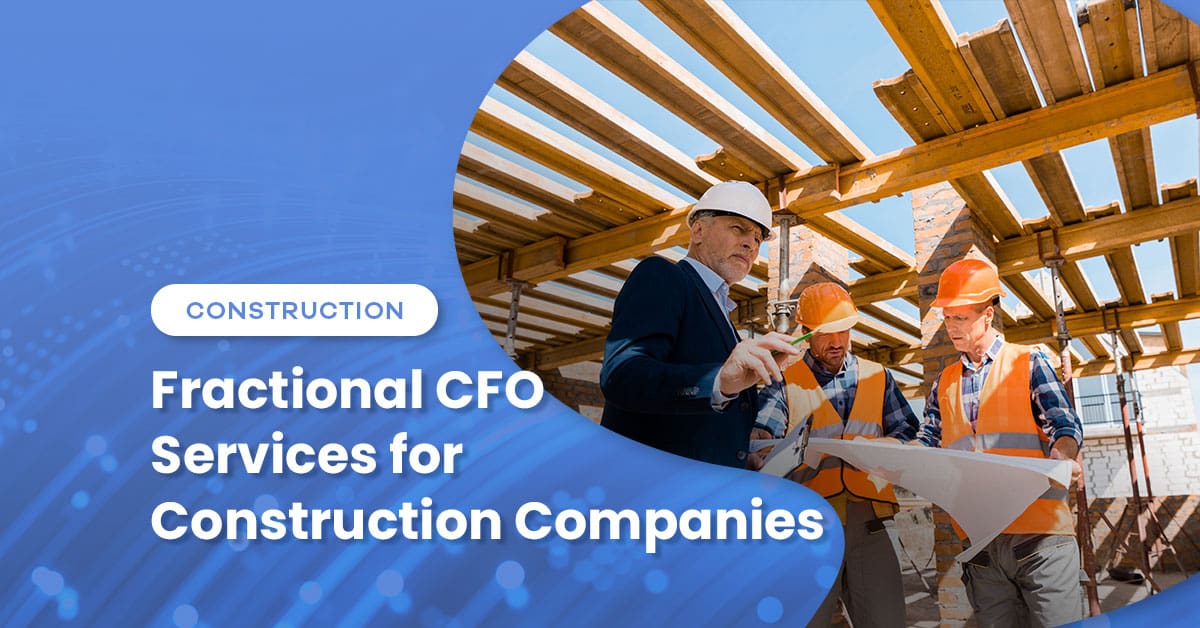The commercial real estate industry stands at a critical inflection point. According to recent industry surveys, 78% of real estate executives identify technology adoption as their top strategic priority. This shift isn’t theoretical anymore. PropTech has moved from experimental pilot programs to mission-critical infrastructure that determines which firms thrive and which fall behind.
For real estate owners and operators managing portfolios between $50 million and $500 million, the question isn’t whether to adopt PropTech, but how quickly they can integrate these solutions without disrupting existing operations. The stakes are particularly high given that manual processes now cost the average mid-sized real estate firm $1.8 million annually in inefficiencies, according to recent CRE technology benchmark studies.
The Future of Real Estate and How PropTech Is Reshaping the Industry
PropTech fundamentally redefines how real estate professionals approach asset management, financial reporting, and strategic decision-making. The transformation extends far beyond simple digitization of paper processes. Today’s PropTech platforms create entirely new operational capabilities that didn’t exist five years ago.
Data-Driven Decisions
Modern real estate operations generate approximately 2.3 terabytes of data per property annually, yet industry research shows that 89% of firms analyze less than 20% of their available data. PropTech platforms now capture, structure, and analyze this information in real time, transforming raw data into actionable intelligence.
Business owners using advanced PropTech analytics report average improvements of 34% in investment decision accuracy and 41% faster deal closure times. These platforms integrate disparate data sources, including lease abstracts, maintenance records, utility consumption, tenant satisfaction scores, and market comparables, into unified dashboards that provide instant portfolio visibility.
The financial impact proves substantial. Real estate firms implementing comprehensive data analytics platforms achieve average NOI improvements of 8-12% within 24 months through better-informed asset management decisions. Portfolio managers can identify underperforming assets 60% faster than traditional methods allow, enabling proactive interventions before value erosion occurs.
Smart Buildings
Connected building technology has evolved from novelty to necessity. IoT sensors now monitor everything from HVAC performance to parking utilization, generating continuous streams of operational data that inform both immediate maintenance decisions and long-term capital planning.
Implementation typically begins with energy management systems that reduce utility costs by 15-25% through automated optimization of heating, cooling, and lighting based on actual occupancy patterns. Advanced systems incorporate predictive maintenance algorithms that identify equipment failures before they occur, reducing emergency repair costs by up to 40% and extending asset lifespans by 20-30%.
Smart building platforms also enhance tenant satisfaction metrics. Properties equipped with mobile-enabled access control, automated visitor management, and smart parking systems report 23% higher tenant retention rates compared to traditional properties. This directly translates into improved cash flow stability and reduced vacancy losses.
Enhanced Tenant Experience
PropTech revolutionizes tenant interactions through digital platforms that streamline everything from initial leasing to ongoing service requests. Modern tenant experience platforms integrate multiple touchpoints into cohesive ecosystems that tenants actually want to use.
Mobile applications now handle 67% of all tenant service requests in PropTech-enabled buildings, with average resolution times dropping from 72 hours to under 12 hours. Automated lease administration platforms reduce documentation errors by 91% while accelerating lease execution timelines by 45%.
The financial benefits extend beyond operational efficiency. Properties offering comprehensive digital tenant experiences command average rental premiums of 3-7% over comparable traditional properties. Tenant acquisition costs decrease by 28% through automated marketing and virtual touring capabilities, while lease renewal rates improve by 19% due to enhanced satisfaction metrics.
How AI Is Helping to Power Smarter Real Estate Decisions
Artificial intelligence transforms real estate from a traditionally reactive industry into a predictive, proactive sector. Machine learning algorithms now process complex datasets that would require thousands of human hours to analyze manually, identifying patterns and opportunities invisible to conventional analysis methods.
Predictive Analytics for Market Trends
AI-powered market analysis platforms process millions of data points from sources including economic indicators, demographic shifts, employment statistics, construction permits, and social media sentiment to forecast market movements 6-18 months in advance.
Real estate investment firms using predictive analytics report a 42% improvement in market-timing accuracy for acquisitions and dispositions. These systems identify emerging submarkets before traditional indicators register changes, enabling early positioning in growth areas. One mid-market REIT recently attributed $18 million in alpha to AI-driven market-timing decisions over 24 months.
The technology particularly excels at identifying micro-trends within larger markets. AI platforms can predict neighborhood-level rent growth with 84% accuracy up to 12 months forward, enabling precise asset positioning and renovation timing. This granularity allows portfolio managers to optimize capital allocation across properties with unprecedented precision.
Automated Property Valuation
Traditional property valuation methods require 40-80 hours of analyst time and often produce estimates with 10-15% variance ranges. AI-powered valuation models now generate initial assessments in under 60 seconds with accuracy rates exceeding 92% for standard property types.
These systems analyze comparable sales, lease comps, physical property characteristics, location attributes, and market dynamics simultaneously. Machine learning algorithms continuously refine their models based on actual transaction outcomes, improving accuracy over time. Advanced platforms incorporate alternative data sources, including satellite imagery for construction progress monitoring and mobile device data for foot traffic analysis.
The business impact proves significant. Firms using automated valuation tools reduce due diligence timelines by 65% while improving bid accuracy by 23%. This speed advantage often determines success in competitive acquisition scenarios where rapid decision-making creates opportunity.
AI-Powered Design and Planning
Generative AI now assists architects and developers in optimizing building designs for maximum profitability. These systems analyze thousands of design variations against local zoning requirements, construction costs, and market demand to identify optimal configurations.
Development firms report that AI-assisted design processes reduce planning phases by 40% while improving projected returns by 8-12%. The technology excels at complex optimization problems, such as determining optimal unit mixes for multifamily developments or maximizing leasable square footage within irregular lot configurations.
AI also enhances construction planning by optimizing schedules and predicting risks. Machine learning models trained on historical project data identify potential delays with 78% accuracy, enabling proactive mitigation strategies that keep projects on schedule and within budget.
Document Review
Commercial real estate transactions generate enormous volumes of documents. A typical acquisition involves reviewing 500-2,000 pages of legal documents, lease agreements, and technical reports. AI-powered document analysis platforms now complete initial reviews in hours rather than weeks.
Natural language processing algorithms extract key terms, identify missing clauses, flag unusual provisions, and compile comprehensive abstracts automatically. These systems achieve 96% accuracy in lease abstraction tasks while reducing review costs by 70%. More importantly, they identify critical issues that human reviewers miss in 23% of transactions, preventing costly post-closing disputes.
Contract intelligence platforms also standardize lease administration across portfolios. They automatically track critical dates, escalation clauses, and renewal options, ensuring no revenue opportunities or compliance obligations are missed. Properties using AI-driven lease administration report 14% improvement in rent collection rates and 31% reduction in lease-related disputes.
Strategic Implementation for Real Estate Professionals
Successfully integrating PropTech requires more than purchasing software licenses. Real estate organizations must approach implementation strategically, considering both technological capabilities and organizational readiness. According to recent digital transformation studies, 67% of PropTech implementations fail to deliver expected ROI due to poor planning and execution.
The most successful firms begin with comprehensive needs assessments that map current processes, identify pain points, and prioritize improvement opportunities. This foundation enables targeted technology selection aligned with specific business objectives rather than generic “digital transformation” initiatives.
Change management proves equally critical. PropTech adoption requires new skills and workflows that challenge established practices. Firms investing in comprehensive training programs achieve 3.4x higher adoption rates and realize ROI 45% faster than those relying solely on vendor-provided documentation. Employee resistance decreases by 62% when implementation includes clear communication about how technology enhances rather than replaces human expertise.
Integration complexity represents another crucial consideration. The average real estate firm uses 12-15 different software systems across property management, accounting, marketing, and operations. PropTech solutions must integrate seamlessly with existing infrastructure to avoid creating additional data silos. Open API architectures and pre-built connectors significantly reduce implementation timelines and technical risks.
Cybersecurity considerations have become paramount as PropTech platforms handle increasingly sensitive financial and operational data. Real estate firms experienced a 284% increase in cyberattacks between 2022 and 2024, underscoring the need for robust security protocols. Leading PropTech vendors now provide SOC 2 compliance, end-to-end encryption, and regular security audits as standard features.
Financial Implications and ROI Considerations
PropTech investments require careful financial analysis to ensure positive returns. Initial implementation costs typically range from $50,000 to $500,000 for mid-market real estate firms, depending on portfolio size and solution complexity. However, operational savings and revenue enhancements often yield payback periods of less than 18 months.
Direct cost savings manifest as reduced labor requirements for routine tasks, lower error rates in financial reporting, shorter vacancy periods through improved marketing, and lower maintenance costs via predictive analytics. Indirect benefits include faster decision-making, improved investor confidence, better financing terms, enhanced competitive positioning for acquisitions, and reduced regulatory compliance risks.
Real estate CFOs report that comprehensive PropTech implementations deliver average annual returns of 28-34% through combined cost savings and revenue optimization. The key lies in selecting solutions that address specific operational challenges rather than pursuing technology for its own sake.
Future Outlook: What’s Next for PropTech
The PropTech revolution has only begun. Emerging technologies promise even more dramatic transformations over the next 3-5 years. Blockchain-based smart contracts will automate entire transaction processes, reducing closing timelines from weeks to hours. Quantum computing will enable portfolio optimization calculations currently impossible with conventional systems.
Digital twin technology will create virtual replicas of physical properties, enabling sophisticated scenario planning and predictive modeling. Augmented reality will transform property tours and maintenance procedures. Advanced robotics will automate physical property management tasks from cleaning to security patrols.
Real estate professionals who establish strong PropTech foundations today position themselves to leverage these emerging capabilities as they mature. The gap between technology leaders and laggards will continue widening, making current adoption decisions critical for long-term competitiveness.
Taking Action: Your PropTech Roadmap
Successfully navigating the PropTech transformation requires expertise in both real estate operations and technology implementation. Real estate owners and operators must balance innovation with operational stability while ensuring financial controls keep pace with technological change.
At Wiss, we understand the unique challenges real estate firms face when adopting PropTech solutions. Our team combines deep real estate industry knowledge with technical expertise in financial systems integration, data analytics, and operational optimization. We help clients identify the right PropTech investments, implement solutions effectively, and maximize return on technology investments.
Don’t let the PropTech revolution pass your firm by. The real estate leaders of tomorrow are making strategic technology investments today. Contact our experts at Wiss to discuss how PropTech can transform your real estate operations and create sustainable competitive advantages. Our team stands ready to guide your digital transformation journey from initial assessment through full implementation and beyond.
Ready to leverage PropTech for competitive advantage? Contact Wiss today to schedule a consultation with our real estate technology experts and discover how we can help optimize your operations, enhance financial reporting, and drive portfolio performance.





 Previous
Previous









